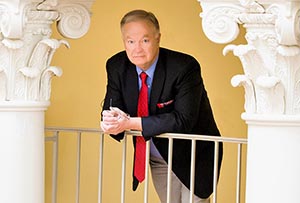An online educational magazine about news relevant to forensic psychiatry from www.forensicpsychiatry.com
 Practitioners of forensic psychiatry and those in similar or related disciplines of psychology, social science, and law, may find this online magazine useful. The editorial goals are modest.
Practitioners of forensic psychiatry and those in similar or related disciplines of psychology, social science, and law, may find this online magazine useful. The editorial goals are modest.
Because newsworthy events and significant court decisions have strongly influenced the history, development, and present practice of all forensic work, including forensic psychiatry, relevant news matters. Forensic psychiatry exists to assist courts and a wide variety of administrative law bodies, governmental agencies, boards, and other entities in their work of conflict resolution where assessment and mental health information are relevant. If the quality of our work this day depends on what we know and believe to be settled, then what about the quality of our work next month when some things have changed? The challenge is to see and heed the relevance early.
This online magazine is devoid of personal agenda or political taint. Every attempt will be made to discern how important events will reasonably be incorporated into the future practice of forensic psychiatry. Developments in medicine, neuropsychiatry, pharmacology, psychology, social sciences and law become relevant topics for review here and modify a medicolegal application. The meanings of events and the thoughtful application of their lessons will be the dual primary focus of this magazine, which is peer reviewed. Public and governmental agencies, professional societies, and advocacy groups mentioned in articles will always be discussed respectfully.
The primary author and editor is Robert S. Brown, Jr., M.D., a physician board certified in internal medicine, psychiatry, and forensic psychiatry. Dr. Brown is licensed to practice in Virginia, North Carolina, and West Virginia.
Forensic Psychiatry, defined
Forensic Psychiatry, a subspecialty of psychiatry, is the field of professional study that properly establishes and interprets mental health (neuropsychiatric) evidence before courts of law and administrative bodies. The usefulness of forensic psychiatry is maintained only as long as it is applicable to the work of courts and administrative bodies.
Forensic psychiatrists are practitioners of forensic psychiatry; they are obligated to conform to the guidelines and ethical principles maintained by psychiatry and the duties required by law.

